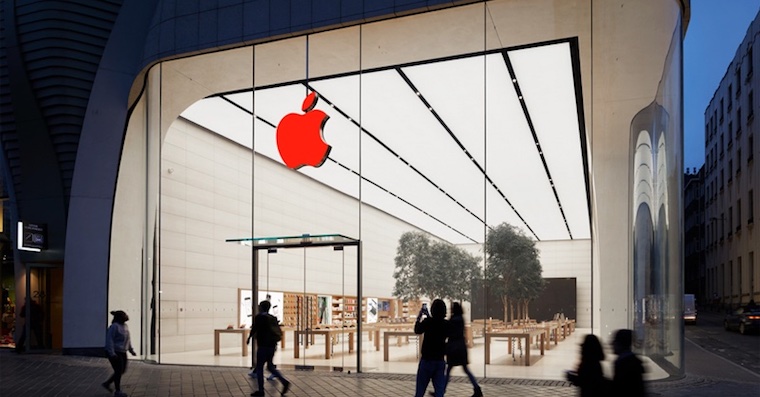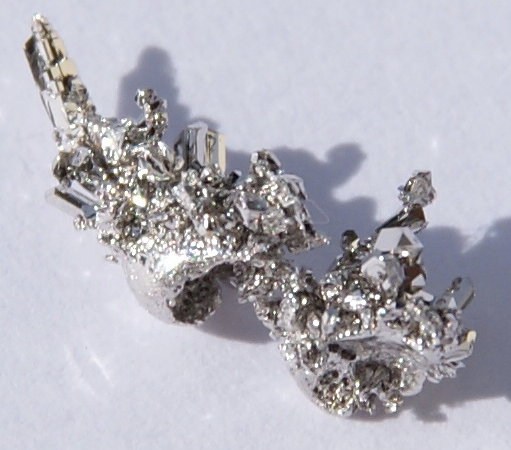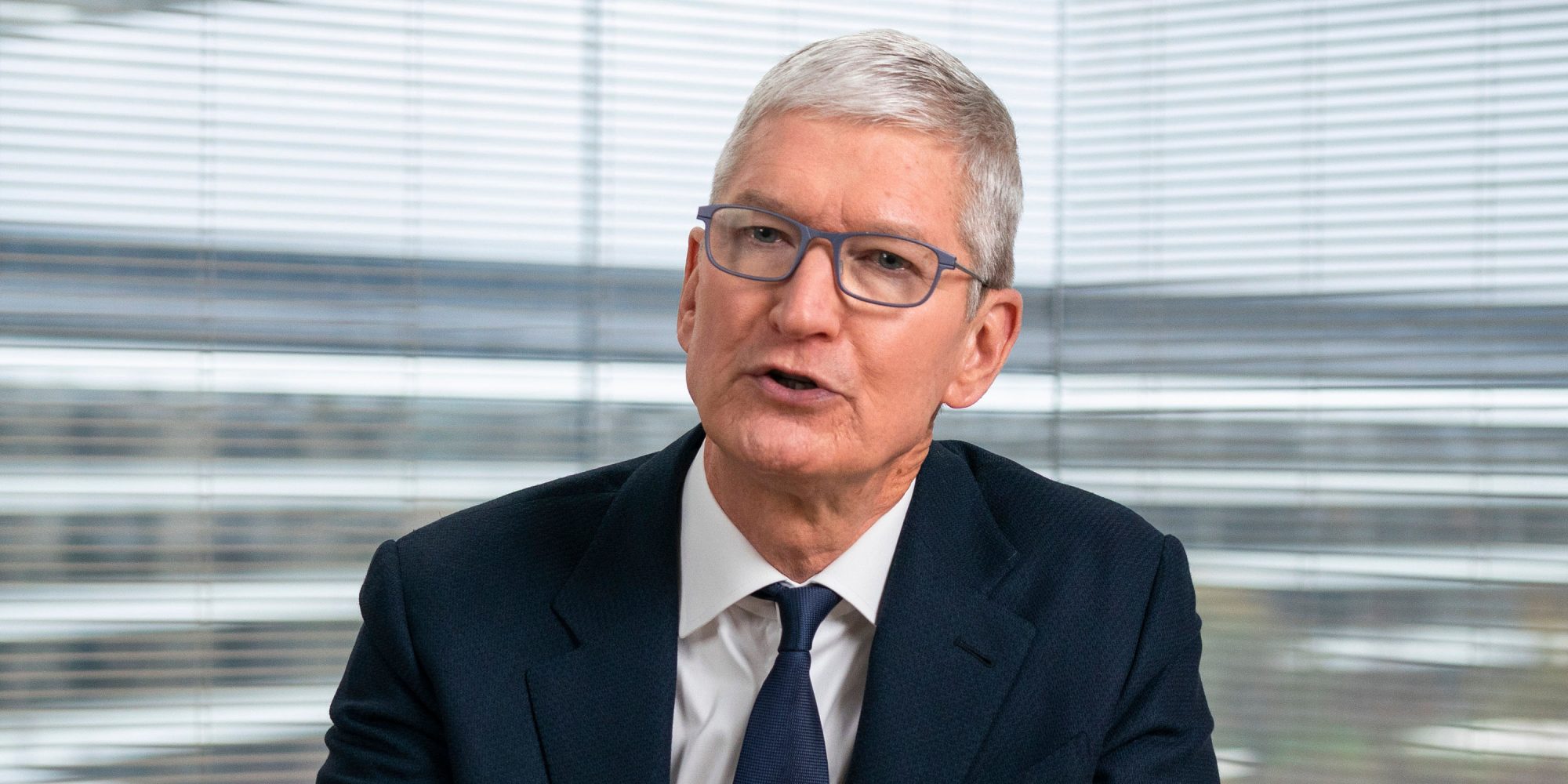At the very beginning of March, interesting news spread across the Internet that Apple is completely ending the sale of all its products on the territory of the Russian Federation. At the same time, the Apple Pay payment method was also disabled in this territory. Russia is currently facing considerable international sanctions, joined by private companies, whose common goal is to isolate the country from the rest of the civilized world. However, stopping sales in one country can have disastrous consequences for the company. How will this situation affect Apple specifically?
It could be interest you

At first glance, the Cupertino giant has practically nothing to fear. The financial impact for him will be minimal, or for a company of such gigantic dimensions, with a bit of an exaggeration, it will be completely overlooked. Financial expert and hedge fund manager Daniel Martins of The Street has now shed light on the whole situation. He confirms that the Russian Federation will face an extremely unfavorable economic situation in the following period, even facing bankruptcy. Although Apple will not suffer much financially, there are other risks that can have an adverse impact on apple products.
How the stoppage of sales in Russia will affect Apple
According to expert Martins' estimates, in 2020 Apple's sales on the territory of the Russian Federation amounted to something around 2,5 billion US dollars. At first glance, this is a huge number that significantly exceeds the capabilities of other companies, but for Apple it is less than 1% of its total revenue in a given year. From this alone, we can see that the Cupertino giant will practically do nothing worse by stopping sales. The economic impact on it will be minimal from this point of view.
But we have to look at the whole situation from several angles. Although at first (financial) point of view, Apple's decision may not have any negative effects, this may no longer be the case in terms of the supply chain. As we mentioned above, the Russian Federation is becoming completely isolated from the Western world, which theoretically can bring significant problems in the supply of various components. Based on data collected by Martins in 2020, Apple does not rely on even a single Russian or Ukrainian supplier. More than 80% of Apple's supply chain is from China, Japan and other Asian countries such as Taiwan, South Korea and Vietnam.
Invisible problems
We can still see several significant problems in the whole situation. These may appear invisible at first glance. For example, under Russian law, tech giants operating in the country at some level are required to actually be located in the state. For this reason, Apple relatively recently opened regular offices. However, the question remains how the relevant law can be interpreted, or how often someone must actually be in the offices. This issue is likely to be resolved.

But the most fundamental problem comes at the material level. According to information from the AppleInsider portal, Apple uses 10 refineries and smelters in the territory of the Russian Federation, which is known primarily as an important exporter of certain raw materials. These include, for example, titanium and palladium. In theory, titanium may not be such a big problem – both the United States and China are focusing on its production. But the situation is worse in the case of palladium. Russia (and Ukraine) is a world producer of this precious metal, which is used, for example, for electrodes and other essential components. The current Russian invasion, combined with international economic sanctions, have already significantly limited the necessary supplies, which is prescribed by the rocket price growth of these materials.
It could be interest you

 Flying around the world with Apple
Flying around the world with Apple 



 Adam Kos
Adam Kos
So they won't have those iPhones anyway, and the Russians wouldn't buy them on principle. So this is what a lip looks like 🤣👍
You don't believe that yourself, do you? Russia was quite a lucrative market for Apple. In general, Russians are relatively poor, but there are 145 million of them, so the purchasing power is there. And the fact that they didn't buy iPhones there out of principle is of course nonsense, they liked them there. It's a shame that it's primarily ordinary people who pay for the sanctions there, and the psychopath in the Kremlin just transfers his assets elsewhere and goes on his merry way...
apple continues to sell in Russia:
https://www.youtube.com/watch?v=jqgrdYnxWzw&list=LL&index=1&t=16s
After all, he says that they are only selling off the warehouses, but there will be no more new products.